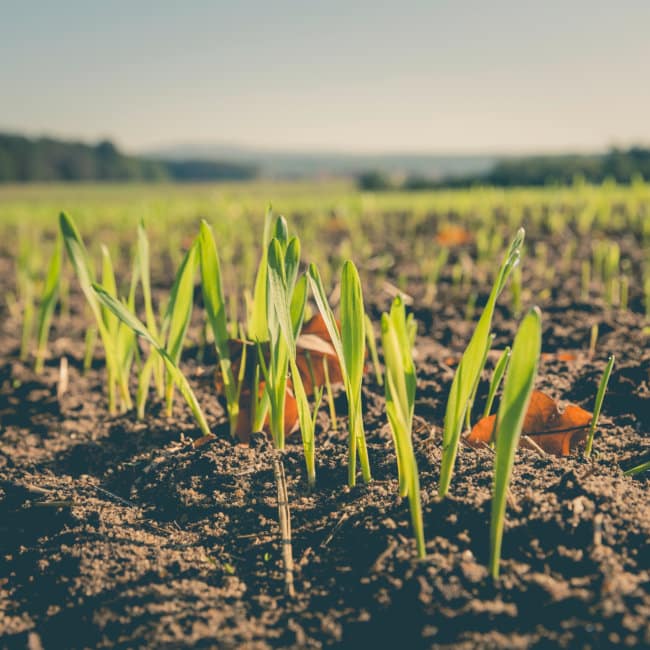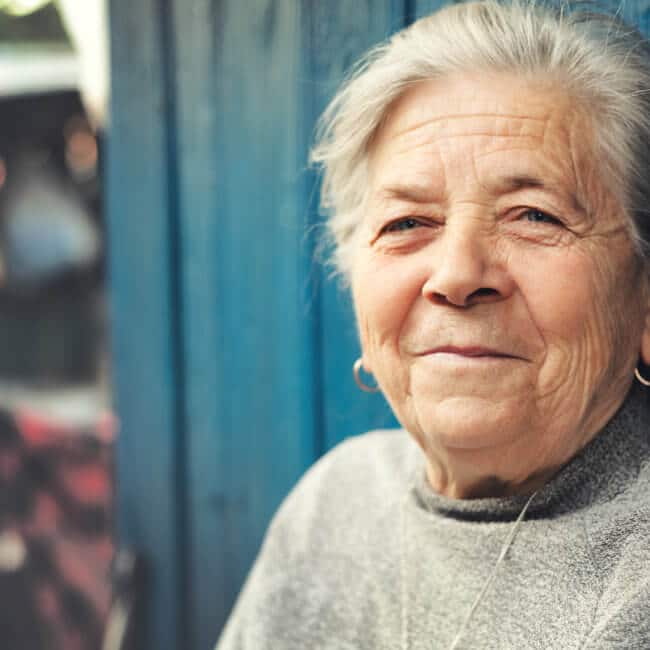As Paris launches its 3rd season of « Parisculteurs », the development of intramural agricultural spaces continues to flourish in cities. Today, they are actively deployed in many forms. Roofs, walls, basements… are all places where urban farms can be built.
Urban farming, a necessity today
« Neither the Millennium Development Goals nor the goals of the World Food Summit will be achieved without due attention to cities and urban-rural linkages. « According to the FAO, 60% of the world’s population will live in cities by 2030. Coupled with increasing food insecurity, this leads Member States to fully integrate food and agriculture into urban spatial planning.
A sustainable solution for resilient cities
As a food producer, job creator and urban waste recycler, urban farming represents a real « green network« . Today practiced by more than 800 million people, urban farming contributes to the resilience of cities in the face of climate change. In addition to diversifying food sources, urban agriculture effectively preserves green spaces, promotes biodiversity, plant cover, water infiltration, etc.
FAO also highlights the efficiency, in terms of production, of urban agriculture. It provides a potentially 15 times higher productivity than farms in rural areas. 20 kilos of food can also be provided by an area of only 1 m2 over a year.
A source of ambition for startups
Parisculteurs is a good example of helping to develop agricultural areas in the city. This call for projects is indeed addressed to farmers, gardeners, entrepreneurs, start-ups… invited to propose their projects to green 5.8 hectares spread over 32 sites in the Paris region. The last two seasons made it possible to produce 1240 tons of vegetables, fruits, mushrooms and herbs annually, but also fish, honey, hops, saffron…
Topager, Merci Raymond, Sous les fraises, Agripolis… are also startups actively deploying agriculture in the urban world. Take the case of Agricool, which recently raised €25 million. Start up launched in 2015 by Guillaume Fourdinier and Gonzague Gru, it is intended for vertical strawberry cultivation in temperate containers in the heart of Paris. All without pesticides! By raising several million euros, Agricool has grown easily and meets the growing demand for local food and the value of short chains.
« We couldn’t find products that were good and healthy and affordable for us in the city. Soon, urban farming became obvious: that is to say, producing where we consume. «
– Gonzague Gru, co-founder of Agricool
A solution to be mastered
However, urban agriculture can present environmental and health risks. The inappropriate use of pesticides or the potential use of contaminated soil and water are issues that require particular attention to human health. The same applies to air pollution, which inevitably weakens crops.
The production of cereals such as rice or wheat also requires a high biomass, and therefore an inevitably large place in cities. Animal husbandry is also part of it. Providing for all the city’s needs (in other words, a self-sufficient city) is not easy, not to mention the increasing land pressure affecting the territories.
In any case, urban agriculture remains a key issue for health nutrition. Controlled, it fully meets current sustainable development issues. As a promoter of societal values, it also raises awareness of the need for rational, sustainable and healthy consumption.
This model of agriculture is part of a more global context of redesigning our food system. A concept developed in our article: Planetary health diet: a sustainable model to save our planet.











